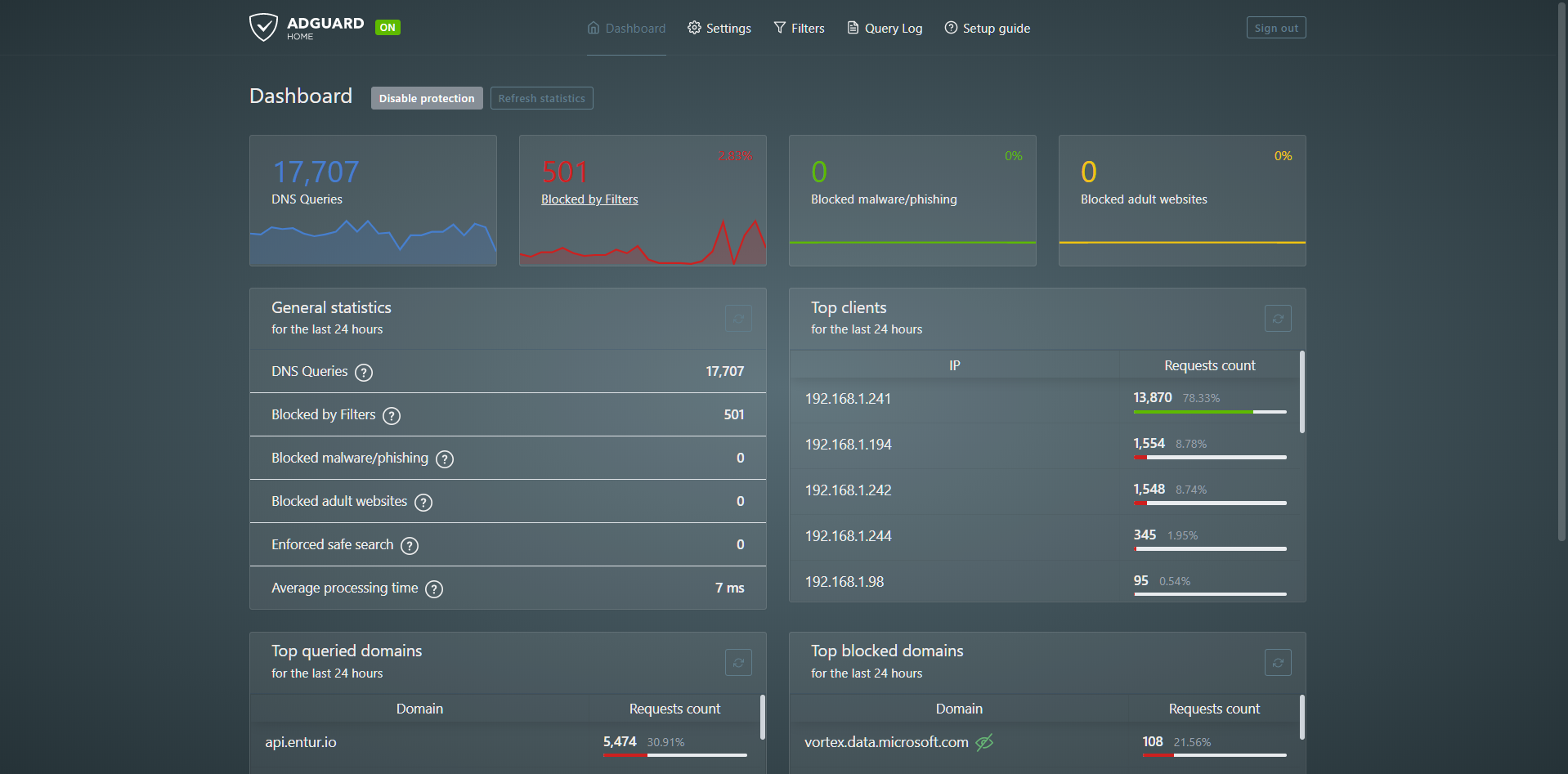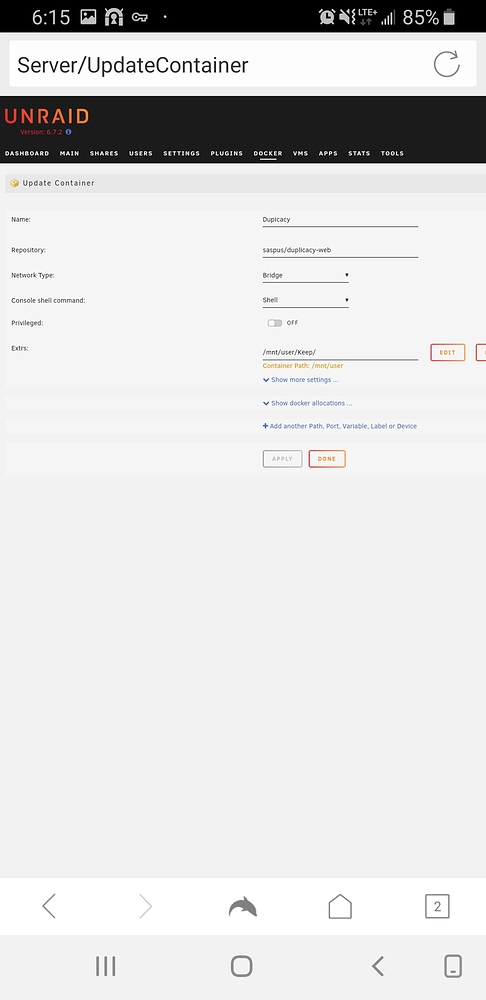
You can generate a random string using online tools ( example).Į.g. Supply the MACHINE_ID environment variable to the container. docker run -v /host/path/to/machine-id:/var/lib/dbus-machine-id:ro. Bind-mount an existing machine-id into the container at /var/lib/dbus/machine-id.Į. Here are a few ways to supply a machine-id choose whichever your like: Supply a persistent machine-id, which is a 32-character lowercase hexadecimal string.

So in order to utilize a license, you'll need to make sure that both of these pieces of data do not change over time.Īdd -hostname to your to your docker run command to set a persistent hostname for the container. NOTE: If you don't need to purchase a Duplicacy license, you can safely ignore this section.ĭuplicacy identifies the machine via the hostname and machine-id pair. Add -restart=always to be able to make changes via the settings page.You could use stuff like rclone () or duplicacy () to automate. It is not expensive anyway, so might be good to back your data up to cloud sometimes. Actually, cloud is totally unnecessary, it is good to consider only if you are about to build a whatever-proof system. So, a SSD is a primary storage device, while HDD is an on-site backup medium.
#Duplicacy docker upgrade
is this a good idea to upgrade my storage system?.Instead, look at BorgBackup and Duplicacy.
#Duplicacy docker free
The last two can also backup to cloud.Īlso on Windows/Mac/Linux you can get Duplicacy, which is free for personal use as long as you use the CLI version (UI is free for restores and checks).ĭuplicati is in perpetual beta. Another way is Veeam free Agent for Windows:, Duplicati: or Duplicacy (free CLI version). How do I back up all my data from my laptop to an external hard drive?Īs already mentioned, Robocopy is a decent option. I've also heard good things about Duplicacy versus borg, restic, duplicati and other command-line backup software, though I never actually tried any of them.
#Duplicacy docker license
You might want to try testing Veeam Agent for Linux Free to get a sense of how it works, though I would think your use case would require you to buy a license for your client. It manages not only copying (via rclone to any cloud or local repository you can imagine), but also their age. I do encrypted backups using Restic, it's quite capable. I used hyperbackup for a long time but proved to not be flexible enough and I wanted to get away from a proprietary backup that could only be restored on another Synology.

I use restic to a cloud storage provider and restic-server to another nas. Restic is one open-source option for incremental cloud backups. How do I ensure that I do not get a time-delayed ransomware attack? Both the client and the server are single binaries. Encryption, deduplication, compression, snapshotting as standard and can be easily configured to be append-only. You could run restic's rest-server on the remote end and use restic to backup to it.

Recommend off-site backup tool of NAS drive How are others doing it? Is everyone using Hyperbackup? I recently started using restic () in combination with rclone to backup files to onedrive.Īs restic and rclone are just Golang binaries, I could just copy them to the. As I faced backup rotation issues with Hyperbackup over the internet on a remote NAS recently, I was thinking about using an alternative backup tool to store my files.


 0 kommentar(er)
0 kommentar(er)
